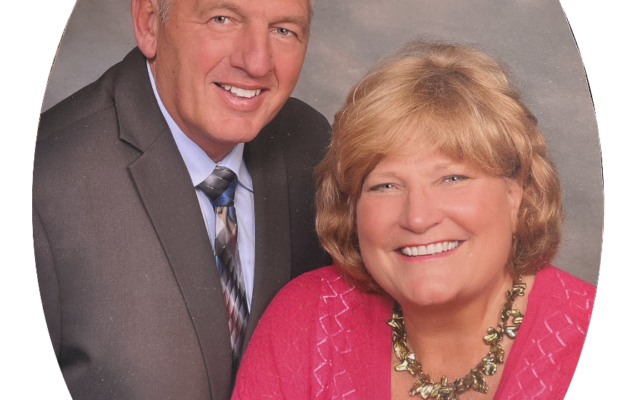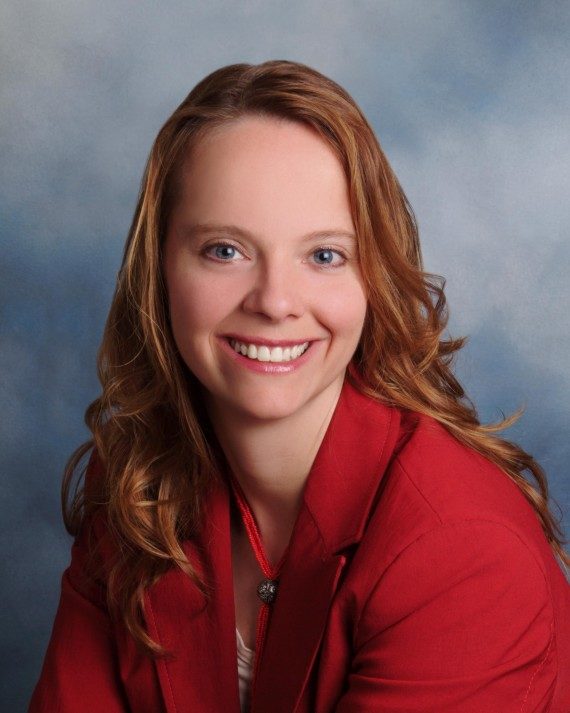
Now Scheduling Primary Care Appointments Online. Book Now.
Oaklawn psychologist discusses seasonal depression

Dec. 24, 2018
Impact of seasonal depression can be rendered brief, Oaklawn psychologist notes
MARSHALL – Troubles seem to rise up for many people when nights turn long and days grow short — the kind of troubles traceable to a form of depression called seasonal affective disorder, often known by the singularly appropriate acronym SAD.
In the Michigan region, the condition typically is attributed to a relative lack of natural sunlight specifically during the winter months, and can be compounded by the stresses that come with the “holiday blues,” according to Shirley Martinez, a master’s level psychologist with Oaklawn Psychiatric/Psychological Services.
“While all of the seasons have their challenges, winter is the most difficult for some people,” Martinez said. “During the holiday season, many people have increased financial demands, interpersonal demands, unrealistic expectations and poor self-care. Holiday stress affects most everyone to some degree, no matter the climate.”
“SAD is a recurrent depression that is seasonal, occurs at the same time of year and symptoms can be mild to moderate,” Martinez said. “Areas where there is a high amount of sunlight – such as Florida – only 1 percent of the population suffers from SAD. In places like Michigan, which has less sunlight, 15 percent of the population suffers from symptoms of SAD.”
Symptoms can show up in several ways, including sadness, irritability, anxiety, fatigue, over-sleeping, withdrawal from social situations, cravings for sugar and starches, and weight gain, she said.
“We at Oaklawn have noticed an increase in the number of people who come in with symptoms of SAD in the later months of winter,” she said. “These people usually have no symptoms of depression at any other time of the year, and therapy is usually discontinued in the spring.”
The effects of SAD might be simply a brief seasonal occurrence for those who don’t have any history of depression or anxiety, she said. However, those with such a history are likely to suffer even more strongly than usual if and when the disorder takes hold.
“We do not have as much control over our moods as we like to think, and no one can just ‘choose’ how to feel,” Martinez said. “Feelings are changed through behavior, so it is important to manage stress, exercise, limit sugar intake, and spend more time outdoors.”
Women are at the highest risk, especially between the ages of 18 and 30 years old, along with those with a family history of depression, Martinez said.
“Over the years, we at Oaklawn’s outpatient clinic seldom have had patients require hospitalization, have psychotic symptoms or have been at risk of suicide when suffering from SAD,” she said.
Fortunately, there are treatments that often are effective, Martinez said. These include physical exercise, outdoor activity and additional exposure to bright lights. The latter, also known as “light therapy,” helps to suppress melatonin (which is linked to lethargy and fatigue) and increase seratonin and Vitamin D (both of which are linked to mood regulation).
“If you question whether you are suffering from symptoms of SAD, it is a good idea to seek professional advice,” Martinez said. “As with most medical conditions, the real key to an effective and successful treatment is catching it early before it has a chance to be damaging.”
Martinez, who joined the Oaklawn staff in 1998, specializes in treating adults that are coping with chronic illness, anxiety related disorders and mood disorders. She often uses biofeedback, psychological testing, and cognitive behavioral therapy in her work with individuals and groups.
Oaklawn Psychiatric/Psychological Services is based at the Oaklawn Bear Creek Campus, 15209 W. Michigan Ave., Marshall.

